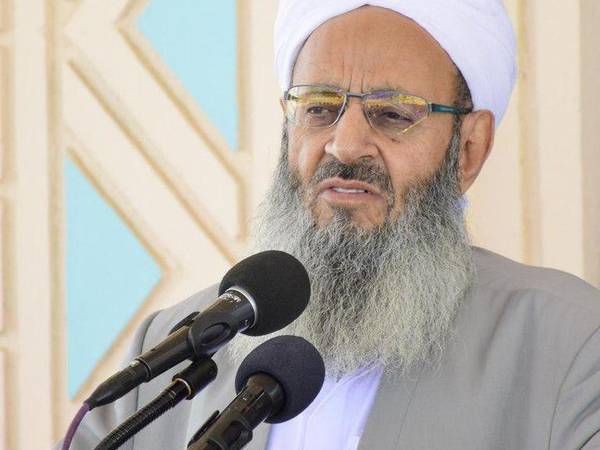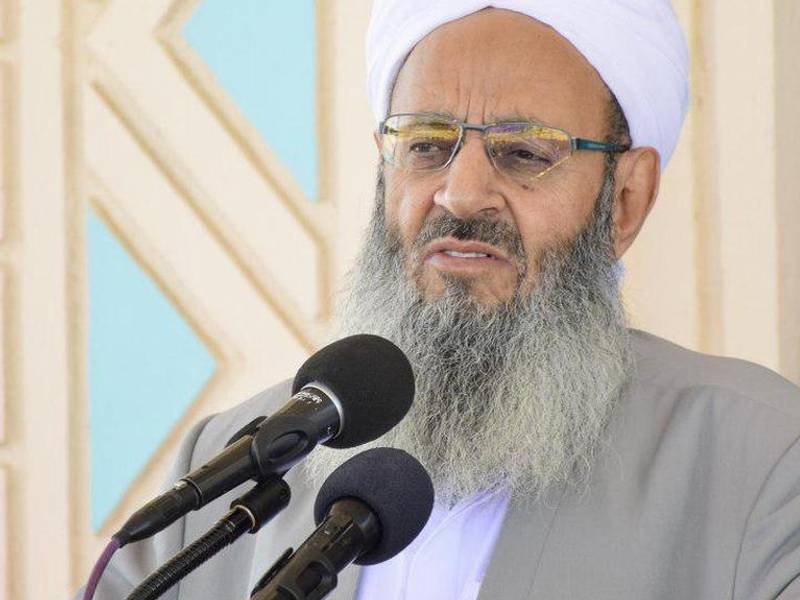The office of Iran's leading Sunni cleric, Mowlavi Abdolhamid, denied reports that he had endorsed any candidates in the upcoming presidential election.
While Abdolhamid had previously supported late President Ebrahim Raisi and reformist-backed candidates, he recently criticized both 'reformist' and conservative factions for their ineffective governance. “Despite their promises, the previous administrations failed to deliver. Reformists also failed to bring about a meritocracy system,” he stated. “We talked to the fundamentalists [conservatives] about national and regional problems, but they didn't show any real commitment to solving them.”
Abdolhamid emphasized the limited authority of past presidents, suggesting that "affairs are overseen from elsewhere," likely alluding to Supreme Leader Khamenei's control over decisions. He also raised concerns about the state's transparency and accountability.
Historically, any candidate with Abdolhamid's support won the election in the mostly Sunni populated Sistan-Baluchistan and Kordestan provinces. His popularity stems from his willingness to challenge Supreme Leader Ali Khamenei's authority. Abdolhamid has spoken out against discrimination faced by women, ethnic and religious groups, and minorities since the establishment of the Islamic Republic in 1979.
Previously, Abdolhamid supported Reformist President Mohammad Khatami (1997-2005) and moderate conservative Hassan Rouhani (2013-2021). He encouraged Iran's Sunni population to back ultraconservative Ebrahim Raisi in the 2021 presidential election but later criticized Raisi for failing to fulfill promises to the Sunni community. Following the killing of over 100 Sunnis in Zahedan during the 2022 protests, some criticized Abdolhamid for having supported Raisi.

